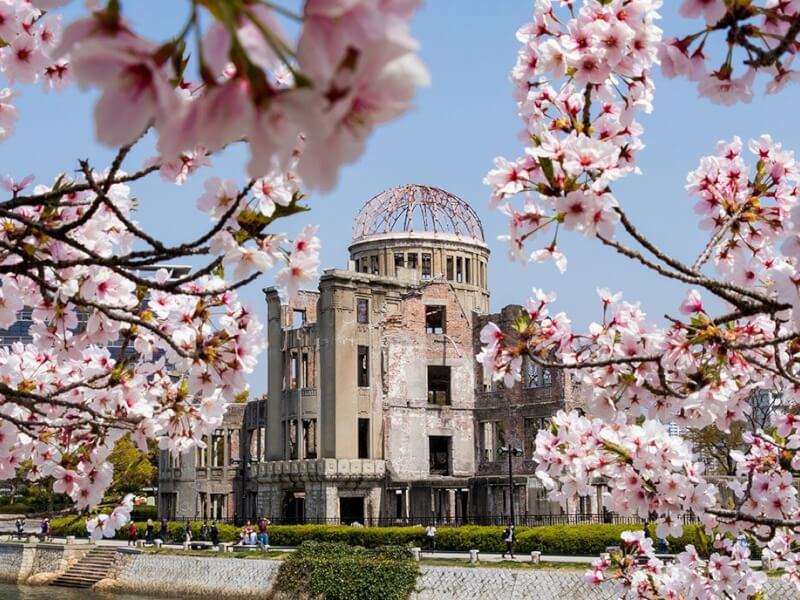21 August 2025 – In a world increasingly defined by climate disruption, biodiversity loss, rising inequality and the accelerating risks of AI and emerging technologies, The Club of Rome is calling for a fundamental rethinking of what peace means today. Its new paper, Planetary Peace for Human Security: Responses to Existential Risks in the Anthropocene, introduces a bold new paradigm, one that moves beyond the outdated notion of peace as merely the absence of war.
With 56 armed conflicts currently active, global military spending exceeding $2.3 trillion and the escalating threats of AI-driven warfare and climate collapse, the report asserts that traditional, war-centric models of peace are dangerously obsolete. In many cases, the very systems designed to promote peace instead reinforce entrenched power imbalances and exacerbate tensions.
At the heart of the report lies the concept of planetary peace, a dynamic, regenerative force rooted in justice, sustainability and global cooperation. Rather than addressing the symptoms of insecurity, this vision targets its structural causes: ecological degradation, extractive and exploitative economic systems, technological misuse and the enduring legacies of colonialism.
“Planetary peace invites us to redefine security for a world of deep interdependence,” says Paul Shrivastava, co-author and co-president of The Club of Rome. “It’s about creating the conditions for people, communities and ecosystems to thrive, not just survive. This is an opportunity to replace fear with trust, competition with collaboration and extraction with regeneration.”
The report positions peace as an active, systems-based process that centres the wellbeing of people, planet and future generations. It calls for long-term global cooperation that prioritises regeneration over depletion, equity over domination and collective flourishing over individual gain.
This vision also emphasises the essential roles of youth leadership, intergenerational dialogue and the integration of diverse knowledge systems, including science, indigenous wisdom and systems thinking, in shaping sustainable and peaceful futures.
“Planetary peace is not just about avoiding conflict,” adds co-author and Secretary General of The Club of Rome, Carlos Álvarez Pereira. “It’s about creating the conditions for people and planet to flourish together, through just economies, inclusive governance and a renewed relationship with the Earth.”
The report argues that the current peace architecture, largely shaped by a few dominant powers in the post-World War II era, is no longer fit for purpose. A post-hegemonic, pluriversal future is needed, one that embraces diverse worldviews, rebalances global power structures and cultivates harmony between humanity and nature.
The report Planetary Peace for Human Security: Responses to Existential Risks in the Anthropocene provides suggestions for how to catalyse holistic transformation across economic, political, cultural and technological systems in service of planetary peace, and the authors invite governments, civil society, business, academia and young people to join this initiative to co-create a world where peace is not only possible, but essential.
Momentum is already building through collaborations with partners such as the Elders for Peace, the World Academy of Art and Science and Kyung Hee University. These alliances bring together expertise in peace diplomacy, education and systems thinking, reflecting a shared commitment to tackling existential risks and creating the conditions for a regenerative, peaceful future.
Download the report



